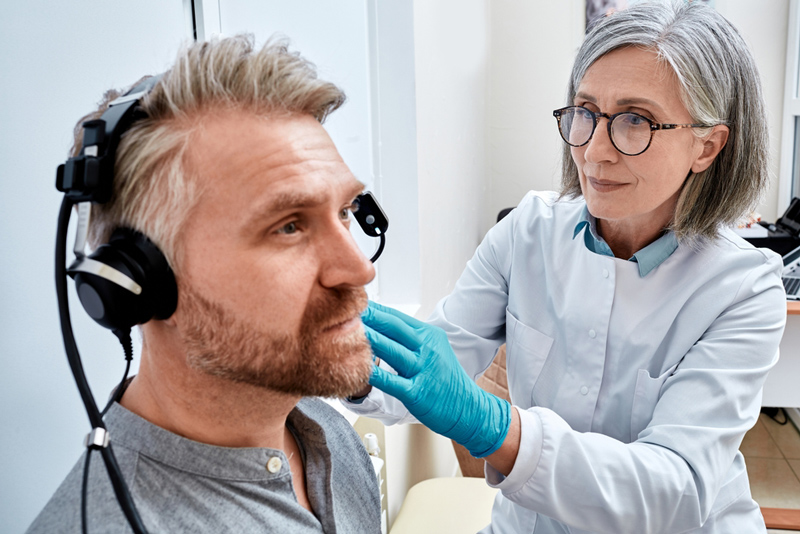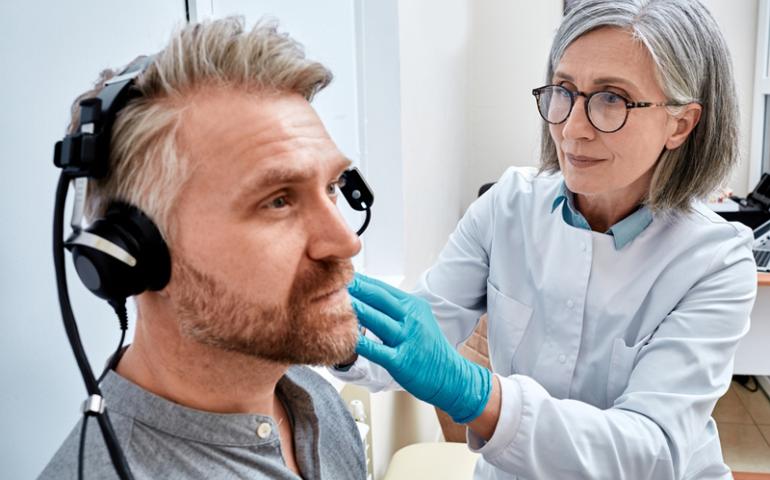Is It Hearing Loss or Auditory Processing Disorder?
The realm of auditory health encompasses a range of conditions. These can impact a person's ability to process and interpret sound. Distinguishing between hearing loss and auditory processing disorder (APD) is crucial. You need an accurate diagnosis and appropriate intervention. In this blog, we explore the signs of hearing loss and APD. We also look at how to differentiate between the two to ensure proper management and care.
Signs of Hearing Loss
Hearing loss can manifest in various ways. Not being able to follow conversations, especially in noisy areas, can be a sign of hearing loss. Asking others to repeat themselves often is another sign. Increasing the volume on electronic devices beyond what others find comfortable. Experiencing ringing, buzzing, or other phantom sounds in one or both ears. Avoiding social interactions or becoming isolated due to challenges in communication.
Signs of Auditory Processing Disorder
Auditory Processing Disorder involves difficulties in processing sounds. With APD, you have a hard time comprehending speech when background noise is present. you also have difficulty distinguishing between similar sounds or words. It may take longer to respond to auditory stimuli or instructions. You may also have strong reactions to loud or unexpected noises. You may show discomfort in noisy settings.
Determining if it is Hearing Loss or Auditory Processing Disorder
- Distinguishing between hearing loss and APD requires a comprehensive evaluation. Here are some steps to help determine the underlying condition.
- Audiological Assessment. A series of tests can help check your hearing. This can help differentiate between hearing loss and APD. These tests include pure-tone audiometry, speech audiometry, and tympanometry.
- Central Auditory Processing Assessment. Specialized tests focusing on sound localization, auditory discrimination, and auditory memory. These can assess central auditory processing abilities to detect APD.
- Comprehensive History. Provide detailed information about your symptoms and any family history of hearing issues. This information can aid in determining the nature of the auditory challenge.
- Multidisciplinary Approach. Collaborate with audiologists, speech-language pathologists, and other healthcare professionals. They can offer a holistic assessment and tailored intervention plan.
Contact Us
Understanding the distinctions between hearing loss and Auditory Processing Disorder is essential. You need to receive an accurate diagnosis and effective intervention. It's important to recognize the signs of each condition and seek professional evaluation. If you need a hearing exam, contact us today. We can provide the care and support you need to address their auditory challenges






